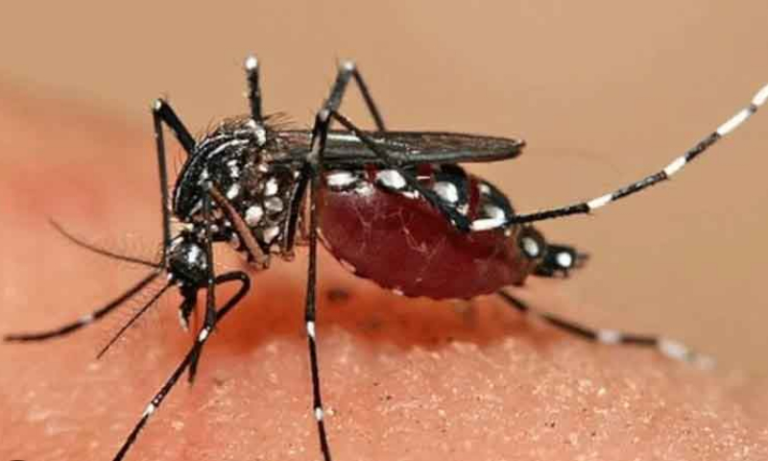Manipur Crisis: NPP Condemns Abduction and Violence, Seeks Amit Shah’s Intervention
Short Summary:
The National People’s Party (NPP) has condemned the rising violence and abductions in Manipur, including the kidnapping of women and children during recent attacks. The party has called for swift intervention from Union Home Minister Amit Shah, emphasizing the urgency of addressing the crisis to restore peace and ensure public safety in the state.
Long Article: The Unfolding Crisis in Manipur
Introduction:
In recent weeks, Manipur has found itself in the grips of an escalating crisis, characterized by violent attacks, abductions, and a growing sense of fear among its citizens. The state, which has faced unrest for months, is now witnessing a new chapter in its troubled history. On the forefront of this battle is the National People’s Party (NPP), which has taken a firm stand against the violence, calling for urgent intervention from the central government, specifically Union Home Minister Amit Shah.
The Abduction and Violence: A Deepening Crisis
One of the most chilling aspects of the current crisis is the abduction of civilians, particularly women and children. These kidnappings are not isolated incidents; they are part of a broader pattern of attacks that have raised concerns about the safety of the local population. The recent attack on Borobekra Police Station, where three Meitei women and children were abducted, underscores the level of insecurity gripping the state.
The violence, fueled by armed militant groups and various factions, has led to widespread fear and anxiety. Villagers in affected areas are fleeing their homes in search of safety, while those who remain live in constant dread of being targeted by insurgent groups. The NPP has been vocal in its condemnation of these acts of terror, calling for swift and decisive action to curb the violence and ensure that those responsible are held accountable.
The NPP’s Stand: A Call for Amit Shah’s Intervention
The National People’s Party, led by Manipur Chief Minister N. Biren Singh, has demanded that the central government intervene to restore peace in the region. The NPP has consistently called for a strong response to the increasing violence, urging Amit Shah to take immediate steps to address the situation. Their appeal is not just for military intervention but also for a comprehensive strategy that includes dialogue with all stakeholders, support for the affected communities, and a clear roadmap to restore normalcy.
The party’s leadership has emphasized the importance of a balanced approach to handling the situation. While they acknowledge the necessity of security measures to protect civilians, they also stress the need for political solutions that address the underlying causes of the violence. The NPP has pointed out that a purely military response may not suffice in the long term, urging the government to engage in meaningful dialogue with the various groups involved in the conflict.
The Role of the Central Government: Challenges and Solutions
The central government, led by Prime Minister Narendra Modi, has faced mounting pressure to intervene in Manipur’s crisis. While there has been a strong security presence in the state, the violence has not abated. The challenge for the central government lies in balancing security measures with the need for social and political stability.
A critical aspect of the intervention is ensuring that the rights and safety of civilians are prioritized. The state’s complex ethnic dynamics, with various communities like the Meitei, Kuki, and Naga groups, further complicate the situation. Any solution will require careful consideration of these ethnic tensions, and any measures that exacerbate these divisions could potentially lead to further unrest.
Restoring Trust: Can Dialogue Lead to a Solution?
One of the key questions that has emerged in this crisis is whether dialogue between the warring factions can lead to lasting peace. Historically, Manipur has been a hotbed for insurgency and ethnic conflicts. While there have been several efforts to bring about peace, they have often been short-lived, with fresh bouts of violence breaking out when tensions rise.
The NPP’s call for dialogue is rooted in the belief that lasting peace can only be achieved through negotiations and understanding between all parties. However, many critics argue that the violence is driven by deep-seated grievances that cannot be solved by talks alone.
Moreover, the intervention of the central government will be crucial in ensuring that any agreements reached are implemented effectively and that the people of Manipur feel the tangible benefits of peace. Without such intervention, there is a risk that the violence will continue unabated, and the hopes of restoring stability will remain distant.
The Human Cost: Stories from the Ground
The true impact of the violence in Manipur can be seen in the stories of its residents. Families have been torn apart, and many people are now living in displacement camps, uncertain of their future. The sense of fear and loss weighs heavily on the people, with many struggling to comprehend the motives behind the violence.
The emotional toll of the crisis is also significant. Parents are pleading for the safe return of their abducted children, while communities are coming together in solidarity to support one another. Despite the darkness that has descended on the state, there is a glimmer of hope that peace might still be achievable—if the right steps are taken soon.
What Can Be Done?
To address the crisis, a multifaceted approach is required. First and foremost, a strong security response must be deployed to protect civilians and prevent further abductions. This should be accompanied by efforts to dismantle militant groups that are responsible for these acts of terror.
However, security measures alone are not enough. There must also be a commitment to finding political solutions that address the grievances of all communities involved. Engaging in dialogue, promoting reconciliation, and offering development opportunities will be essential in fostering long-term peace.
The central government must also focus on restoring trust between different communities and ensuring that all ethnic groups feel heard and respected. Without such efforts, the cycle of violence may continue, leaving the people of Manipur caught in an endless struggle.
Conclusion: A Crucial Moment for Manipur
Manipur stands at a crossroads. The violence, abductions, and growing insecurity have reached a tipping point, and it is now up to both the state and central governments to act decisively. The NPP’s call for Amit Shah’s intervention reflects the urgent need for a comprehensive strategy to address the crisis. While military intervention may provide temporary relief, it is only through dialogue and reconciliation that lasting peace can be achieved.
The people of Manipur deserve a future free from violence and fear, but achieving that will require a collective effort from all stakeholders. It is a difficult road ahead, but with the right leadership and determination, Manipur can begin to heal and rebuild.
FAQs:
- What is the NPP’s stance on the violence in Manipur? The NPP has condemned the violence, especially the abductions, and has called for intervention from the central government, particularly Amit Shah, to restore peace.
- What specific incidents have led to the NPP’s appeal for intervention? The recent kidnapping of women and children, particularly after the attack on Borobekra Police Station, has been a significant trigger for the NPP’s appeal.
- Why is the central government’s intervention critical? The NPP believes that while security measures are essential, political solutions that address underlying ethnic tensions are crucial for lasting peace.
- What are the ethnic tensions in Manipur? Manipur has a complex ethnic landscape with Meitei, Kuki, and Naga communities, and tensions between these groups have been a significant source of unrest.
- Can dialogue between the warring factions lead to peace? Dialogue is seen as essential for long-term peace, but critics argue that it alone may not be sufficient to resolve the deep-rooted issues.

